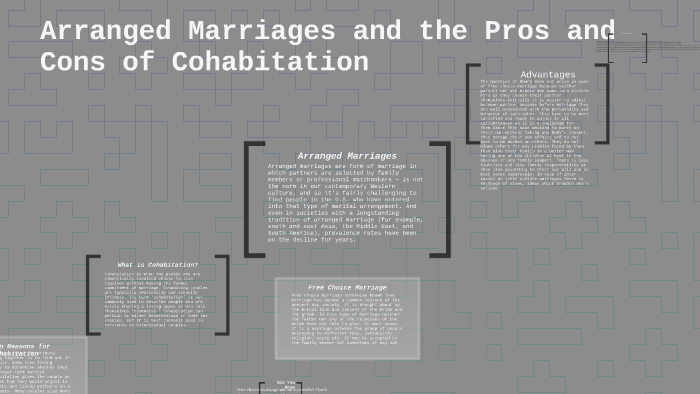

It’s hard as a woman to express your love. “I never said either but that didn’t mean I didn’t love him or that I don’t love him now. “I found out years after our marriage that he was in love with a girl from a different background and his parents didn’t approve. The best decision I made was ignoring my parents’ advice.”Īdditionally, Tayba Uddin*, married for 10 years shares: “I met my husband through a friend of a friend. “Being in a loving marriage now has taught me that I shouldn’t have even waited it out for two years. While love isn’t important for everyone, there is no reason why people who value love should be put down as Fozia explains: Men and women that expect love and respect from marriage are often villainised and silenced. The normalising of a loveless marriage in the South Asian community is toxic. “She actually had the nerve to say ‘that’s all marriages beta’.” “I brought up the fact that I don’t love him to my mother two years after our marriage. They feel their life has been destroyed because of their parent’s mistake: When arranged marriages don’t work out, there is sometimes a lot of resentment on the children’s part. I always thought it was their fault for not researching the guy properly.” “I resented my parents for setting me up with him. Always izzat this and izzat that, I was sick of it. He wasn’t physically abusive, but he was manipulating. “I felt like I couldn’t breathe around him. What led to my first marriage breaking down was the lack of love. “Having been married twice I can say in a heartbeat that love makes or breaks. Moreover, Fozia Islam, divorced and remarried says: I guess I’d feel trapped, but I don’t think it would lead to a divorce.” And if it didn’t, I don’t know what I’d do. “The parents were right love does come after marriage. However, there is uncertainty in Mustafa’s tone when questioned about what he would do if he didn’t love his wife: The motto of ‘love comes after marriage’ certainly worked for him. Mustafa is happy with his arranged marriage. However, Mustafa’s situation is a prime example that parents can be right. These days many people prefer to have a love marriage because of the fear that an arranged marriage would not work out. “I had massive respect for her, and I don’t know when that respect changed to love. That one year was necessary to solidify my thoughts. “I married her because I knew she was someone I could see myself falling for. “It’s weird with arranged marriages because you go from not knowing that person to knowing everything about them after marriage. My parents definitely chose the right person for me. “After around a year, we set a date and the rest is history. We never met alone because that’s our cultural expectation but that didn’t make a difference. “We spoke and met a couple of times with family around. Sometimes, respect is all you need.Ī contrasting experience is shared by Mustafa Ali* who has been married for 10 years: Sonia believes love isn’t a necessity to have a happy marriage. I suppose I love him as the father of my children. “All you need is respect and understanding. I said yes, as all good girls from respectful families do.”įor Sonia, arranged marriage was expected, anything different would be retaliation against her parents and their ideals. “Everyone in my family has had arranged marriages so I didn’t even dare think about anything different. My parents knew one of his relatives and that’s when they came for my rishta. “I have been married all my life for all that I can remember. Sonia Wahid*, married for 37 years shares: Arranged Marriages: Is it Fair?ĭESIblitz spoke to some people who have had arranged marriages to understand their views and emotions. Often, Desi people who experience a lack of love or intimacy are told to stay quiet and have to live out their marriages in sadness.īut, how do those in these types of marriages feel about this? Can they speak out or have their relationships worked? DESIblitz explores. This results in many not speaking out about their experiences, whether good or bad. Therefore, those who do marry in these circumstances are sometimes disregarded by the family and judged. Love marriages are equally stigmatised because they deviate from arranged marriages which some families see as the only ‘proper’ way to end up with a life partner.Įlder generations see these types of relationships as too western and something not culturally acceptable. Whilst these feelings can develop, the whole process of being matched with someone you’ve never met is worrying.

In retrospect, this comes as a taboo in the South Asian community because children are forced to marry someone they don’t love.


 0 kommentar(er)
0 kommentar(er)
